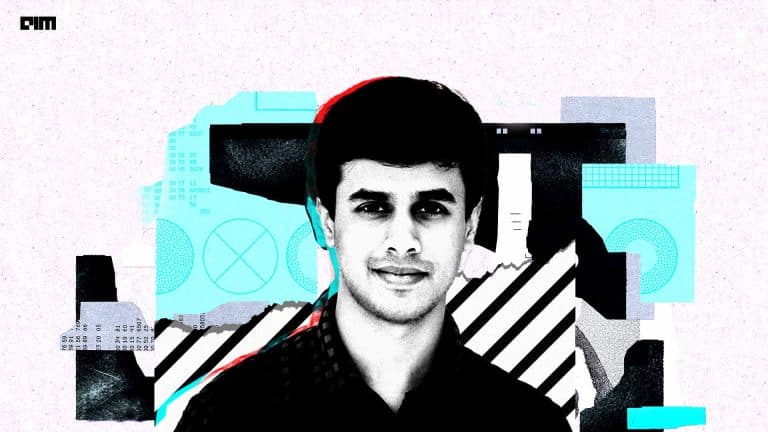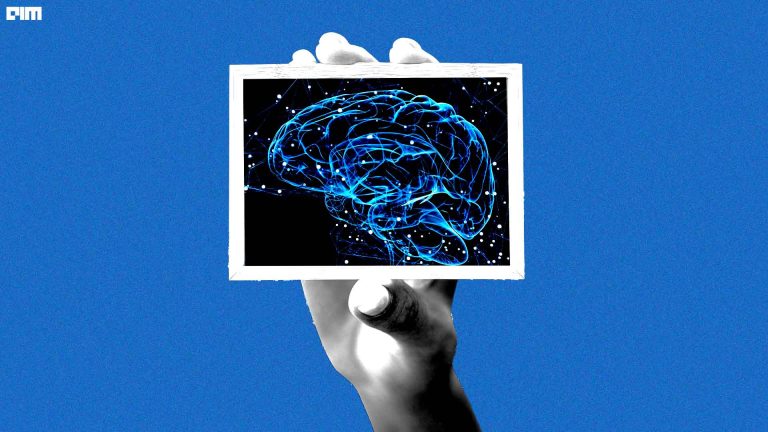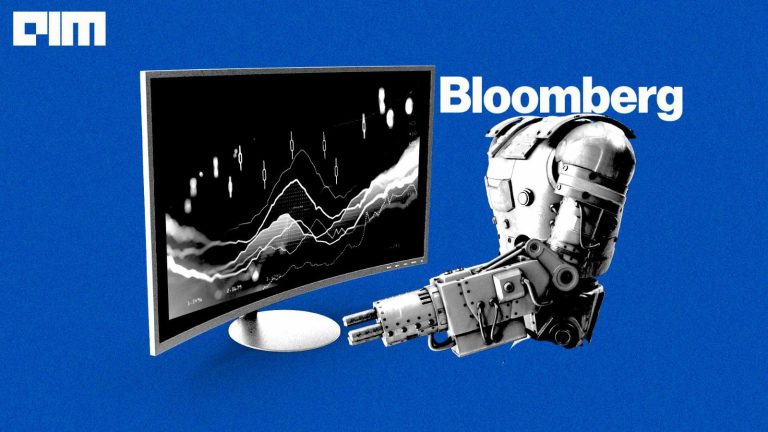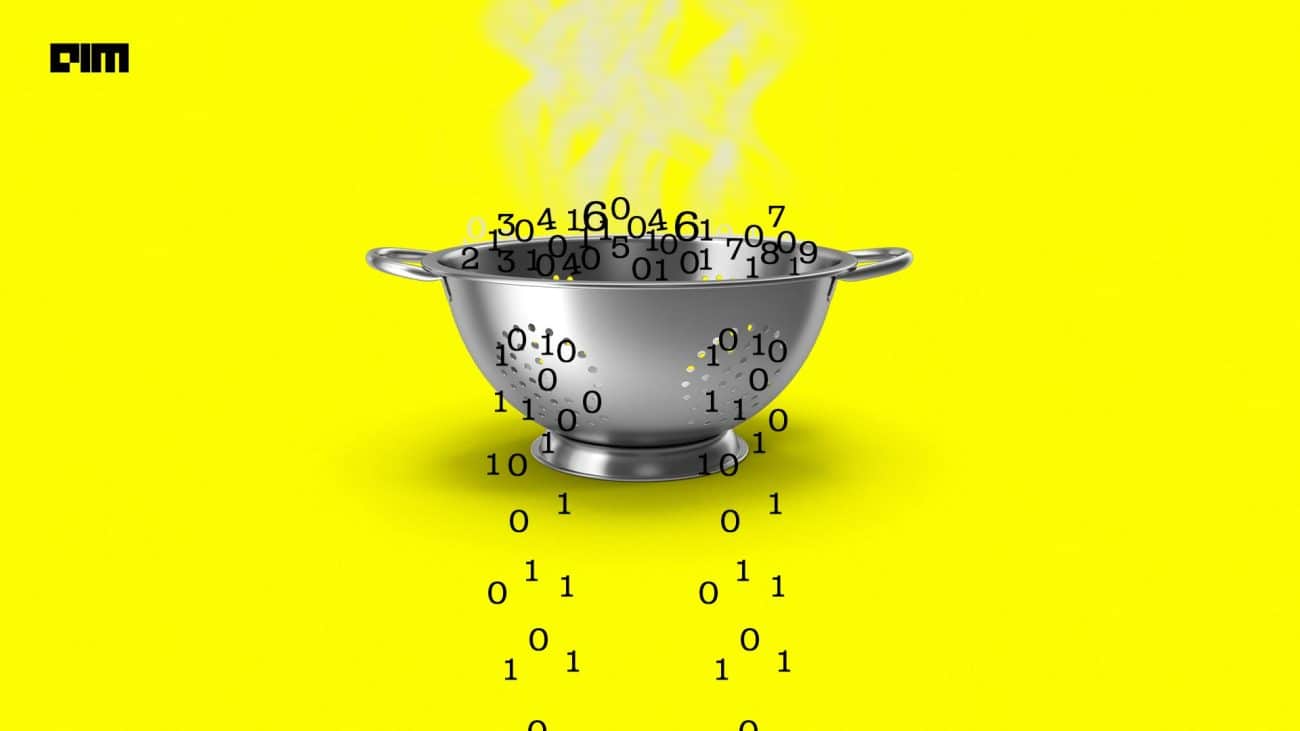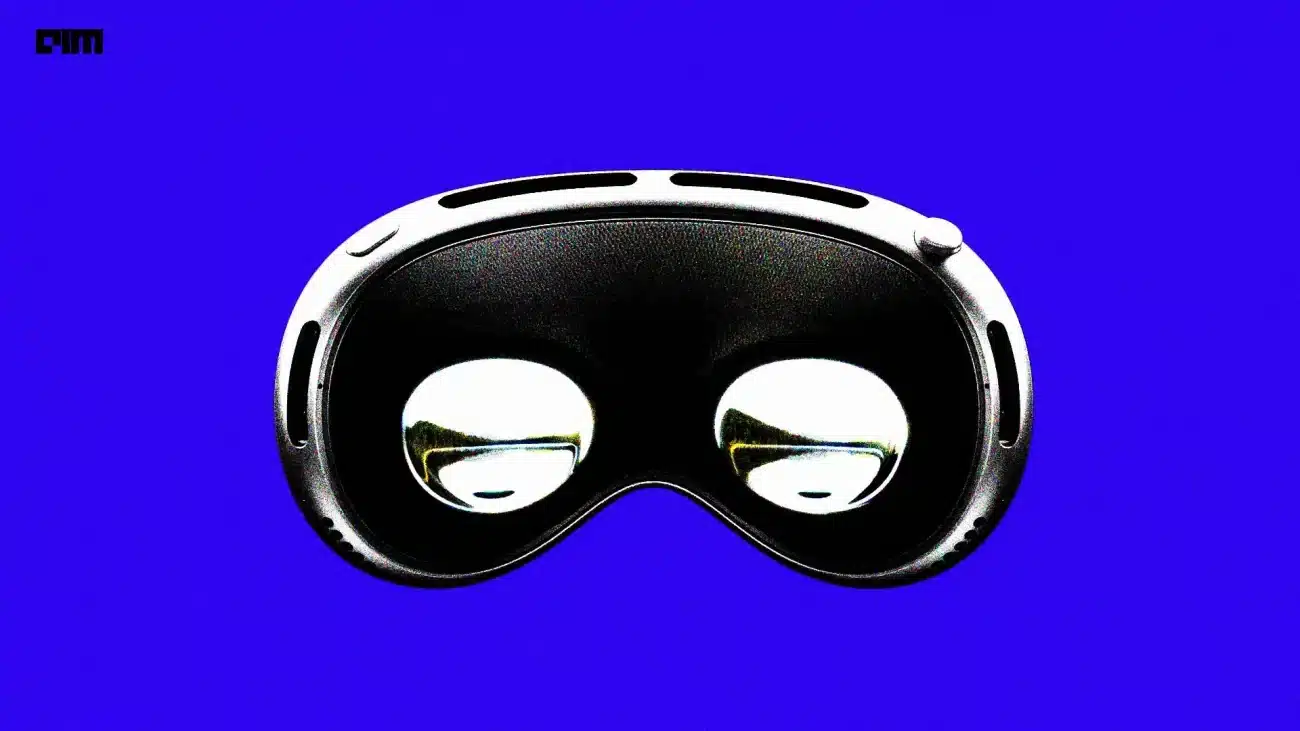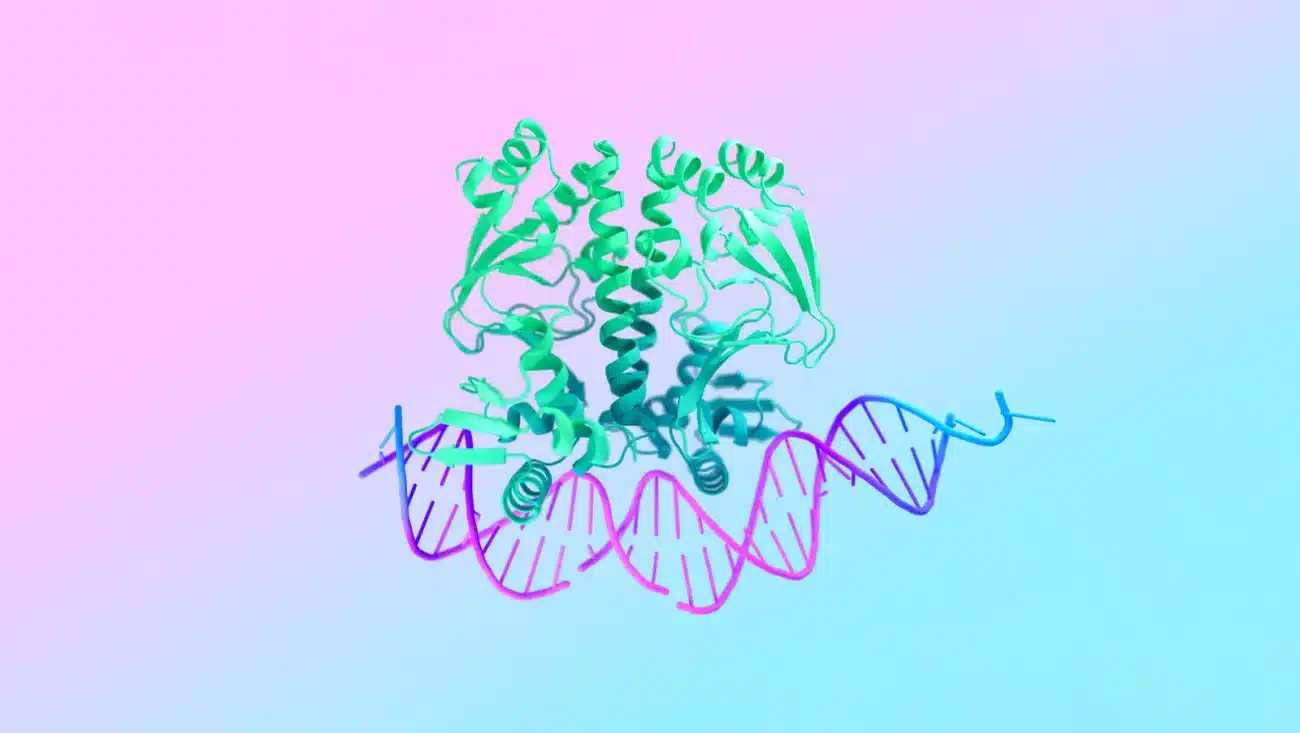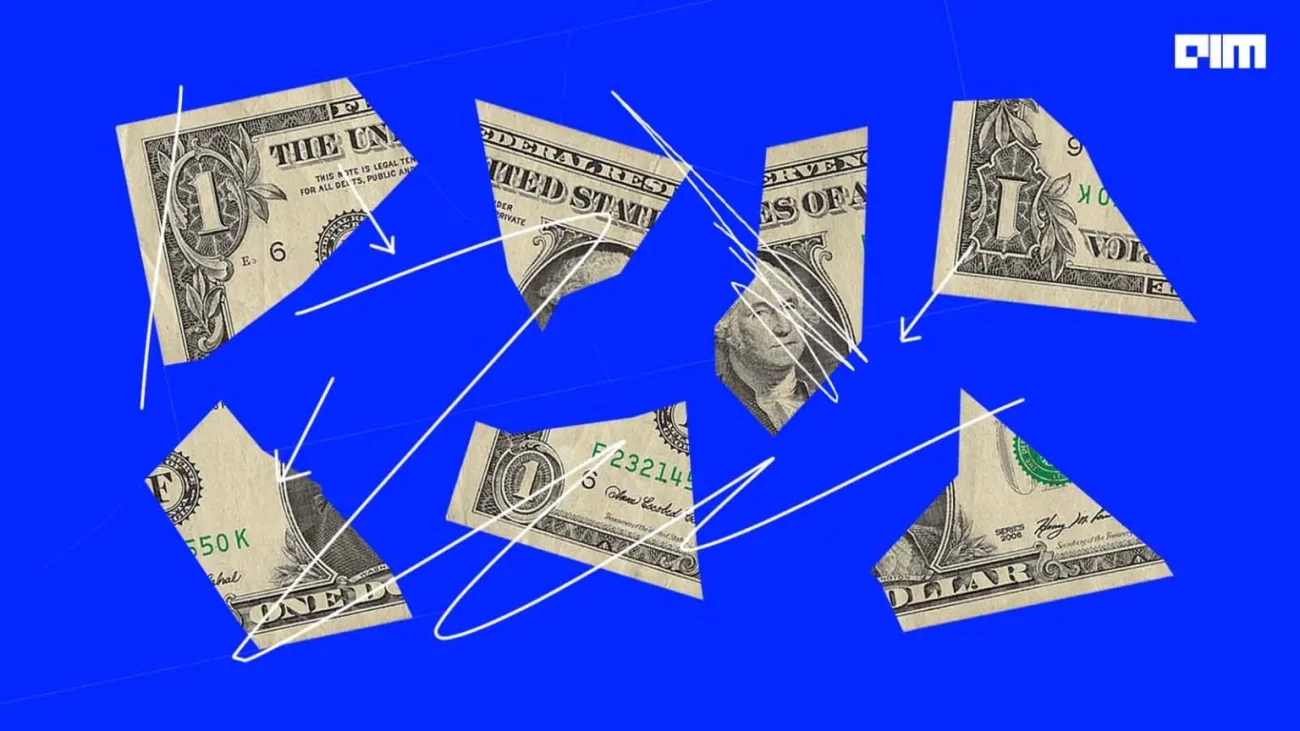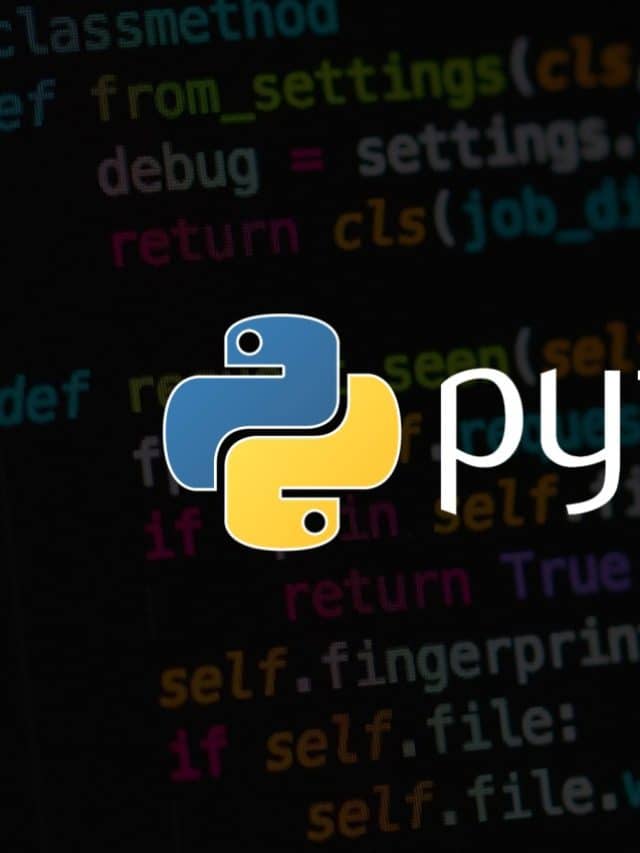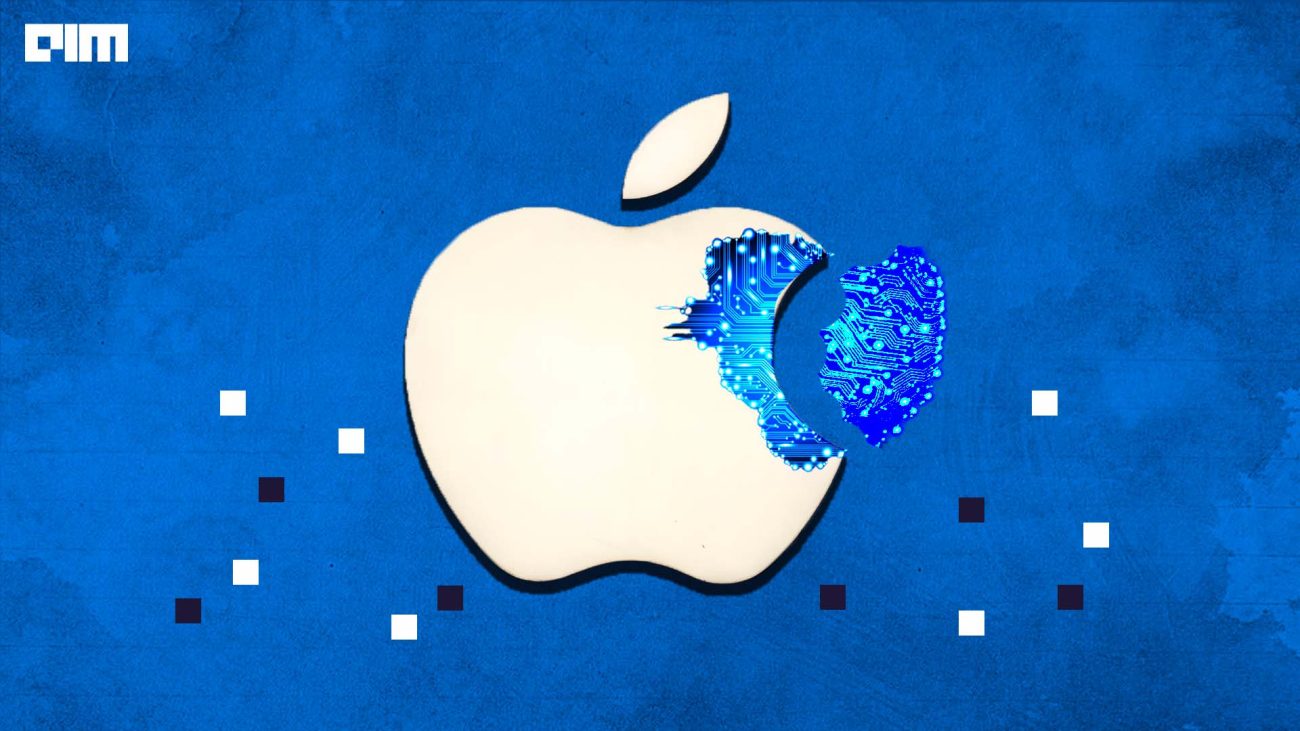Machine learning has already made its way into clinical research and is now slowly trying to make an impact in the field of psychiatry. Here, ML algorithms are being used to analyse the psychological traits of the patients.
In ML psychiatry, different algorithms are being used for tasks like classification, regression, clustering and modelling the available information of the individuals. These algorithms can be based on supervised, unsupervised techniques or semi-supervised techniques like:
- Supervised techniques are used when the cases are labelled into groups of diagnosis,
- Unsupervised techniques are used in situations when the unlabelled samples are to be divided into groups of related cases and
- Semi-supervised techniques are used when both labelled and unlabelled cases are present.
How ML Algorithms Are Used In Psychiatry
Random forest, neural networks, SVM and decision trees are some of the applications of the ML algorithms deployed in the field of machine-readable psychiatry.
The random forest method makes use of both bootstrapping and jackknife statistical techniques to estimate the bias and variance. It is used for classification and prediction and is appropriate when the datasets are non-linear and involve higher order interactions. It is so because this method is independent of any parametric assumptions. It grows an ensemble of CART (classification and regression trees) and combines them. For classification, this algorithm provides a permutation accuracy importance measure for each variable.
Another most widely used ML algorithm in this field is the Support Vector Machine (SVM). SVM is a method for supervised classification. In psychiatry, it is used to differentiate healthy from depressed using exhaustive techniques like feature weight ranking and feature scoring. Using graph metrics, this method is used to classify broadly depressed individuals from the healthy ones.
The researchers have also explored the fact that the local structural and functional changes in the brain of a psychiatric disorder individual may represent a neural network. With the help of neuroimaging, the neural networks can be put to use to grasp an idea of the local changes that the brain goes through in case of psychiatric individuals. In 2013, a special issue on neural networks in psychiatry in European Neuropsychopharmacology points out the neural network changes in various psychiatric diseases. Neuroimaging studies predict conditions from mild cognitive impairment to Alzheimer. ML with data fusion of structural and functional task-based MRI can also be used to identify depression.
Natural Language Processing (NLP) can also be used to study how a person responds and interacts. NLP analysis can be used to read from the notes of the doctor, taking words from the prescription and deciding whether the person is depressed or not.
Combining all these models can give a high accuracy in the diagnosis using ML. However, for ML algorithms to be used in psychiatry, the algorithms need to be tested and regulated from an ethical point of view as well.
Use Cases: Studies so far have predominantly focused on Alzheimer, depression, and schizophrenia. In the recent times, the applications have expanded to progressively cover the diagnostic spectrum by including things like anxiety disorders, anorexia, substance abuse and phobias. There have also been researches involving the use of non-imaging modalities like genetic, metabolomic and proteomic. The overall literature suggests that machine learning can be used to identify individuals with psychiatric disorders based on brain data with high accuracies.
Requirements For A Machine-Readable Psychiatry
- Data Availability: The major problem with deploying these ML algorithms to personalise the psychiatry care is the insufficient details in the dataset. Details like the individual’s history, comorbidities, progression of symptoms, treatment, and response are some of the very minor, but crucial details to determine accurately a patient’s health using ML. Having large datasets of information in this field of medicine is more important than any other field. The dataset must be very rich for the predictive models to give accurate results. The models would need a lot of precise data to run. But the data that we generally have is not a lot to make these models give accurate results.
- Data Management: Machine-readable data structures are very important in these applications. Data sharing also invokes privacy concerns, such as recognising a participant’s face in anatomical brain scans. Improper management of this data can cause harm to the diagnosis presented.
- Longitudinal Data: Prospectively collected data is more suitable for longitudinal analysis and retrospective data for cross-sectional analysis. Most ML techniques in this field follow cross-sectional findings. A large amount of longitudinal data can be made available by technical means like smartphone conversations and can detect early symptoms of depression and suicide attempts. Since mental disorders are time-varying, which means that they show different traits gradually with time, using this it can track and monitor the behaviour like lack of sleep and communication habits, eventually helping in deploying algorithms.
- Indirect Factors: Factors indirectly contributing to psychiatric conditions, for example, age, gender, heartbeat, respiration, culture, drug use, can affect in a certain way to an individual’s psychiatric conditions. They are also noted down and added to the model giving larger datasets, and thereby a higher precision.
Concluding Note
All these traits with respect to psychiatry are very relative and unique to every person. That is why it is very difficult to inculcate machine learning algorithms in psychiatric applications. Although the progress of ML in this field is not as great as that in the field of the pure clinical sphere, it is progressing gradually to be of help in the field.





